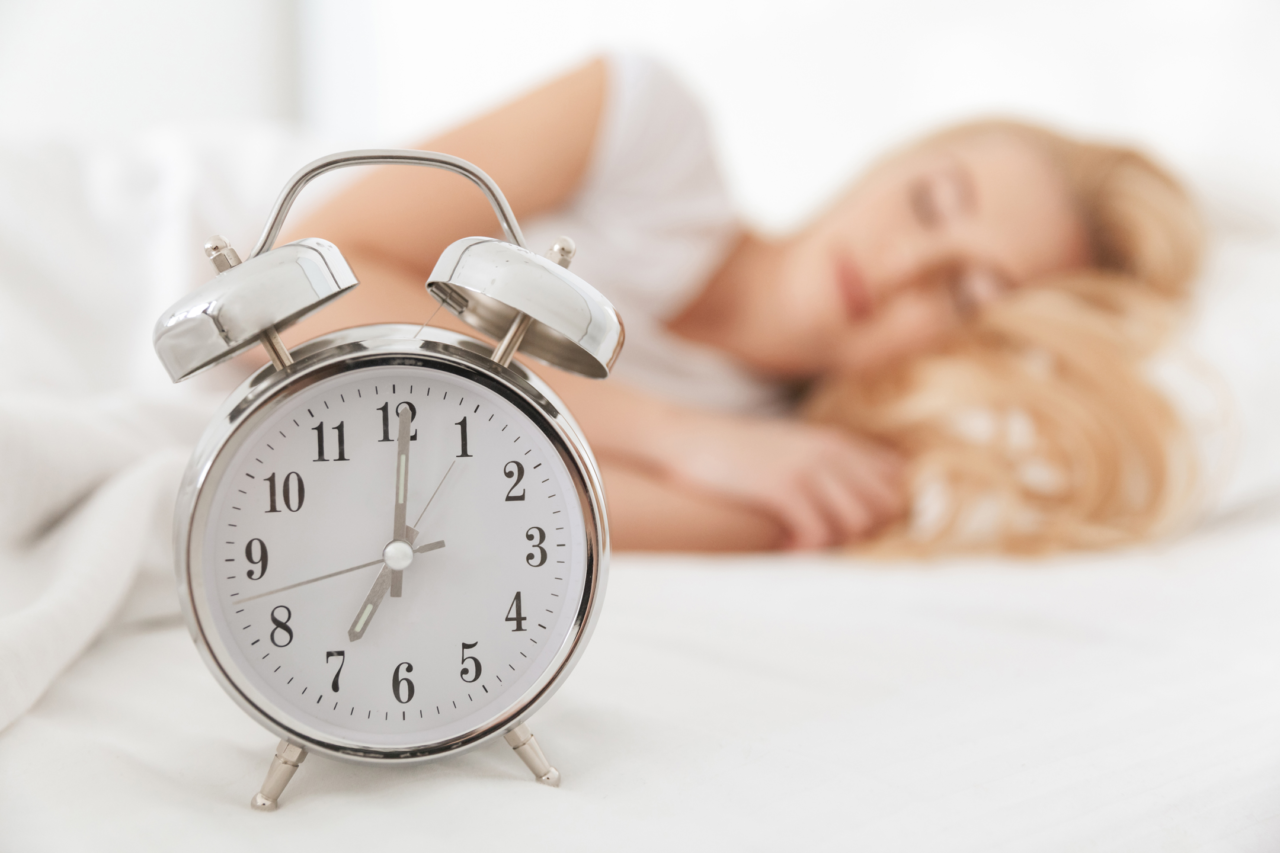 BY Victor S. Sierpina, MD is the WD and Laura Nell Nicholson Professor of Integrative Medicine, Professor of Family Medicine at UTMB-Health and the John Sealy School of Medicine
BY Victor S. Sierpina, MD is the WD and Laura Nell Nicholson Professor of Integrative Medicine, Professor of Family Medicine at UTMB-Health and the John Sealy School of Medicine
Attention is the rarest and purest form of generosity. -Simone Weil
I first heard about chronotherapy from Dr. Keith Block, integrative oncology who practices in Chicago. He has long used portable delivery systems for chemotherapy that are timed to coincide with the body’s circadian rhythm to enhance their effects and decrease side effects.
A couple of years ago, I read a research report from the European Heart Journal. It endorsed the benefits of taking your heart and blood pressure medications at night.
It turns out that due to the way the body wakes itself up in the morning, most strokes and heart attacks occur between six AM and noon. According to the medical journal Stroke. there is a 49% increase at those times compared to the rest of the day. Morning heart attacks tend to cause more heart damage with a poorer chance of recovery compared to other times of the day. This is a period that has been referred to by some physicians as “the death zone.”
In a study of over 19,000 patients done in Spain by Dr. Ramon Hermia in 2019, researchers divided them into two groups, one taking their medications as they normally had and the other taking them at night instead. The group taking medications in the evening showed up to a 50% reduction in heart attacks, heart failure, and strokes over the next six years.
This makes sense physiologically because of the time-based, circadian-driven rhythm changes in cortisol, testosterone, insulin, glucose, epinephrine, and clotting factors like platelets that occur in the morning and drive an increased early in the day cardiovascular risk.
That 50% is a huge difference and seemed like a no-brainer to me. So, I started taking my blood pressure meds in the evening and recommended that my patients consider that as well. Talk about a low-cost, low-risk intervention.
However, I do not recommend taking diuretic medications at night as they may cause you to be up to urinate and disturb your sleep or increase your fall risk.
This is something to discuss with your doctor prior to making a change. If you and your doc decide to change the timing of meds, continue to monitor your home blood pressure, follow a sodium-restricted diet, manage fluid intake appropriately, and exercise daily.
A few concerns have been raised that this chronotherapy study had some methodological flaws, and so far, that it has not been replicated. That is not surprising, given it is a new look at an old problem, and more research will help with delineating the true, long-term benefits of chronotherapy.
In the meantime, I see no harm and a significant potential benefit in shifting blood pressure meds to the evening if medications are taken at the prescribed daily dose.
This is also another reason to start your day with some quiet time, meditation, gentle exercise, and improving your attitude with gratitude, thus reducing the risk of cardiovascular events naturally. If you remembered and took your medications at night, they are kicking in while you are kicking off the covers.


